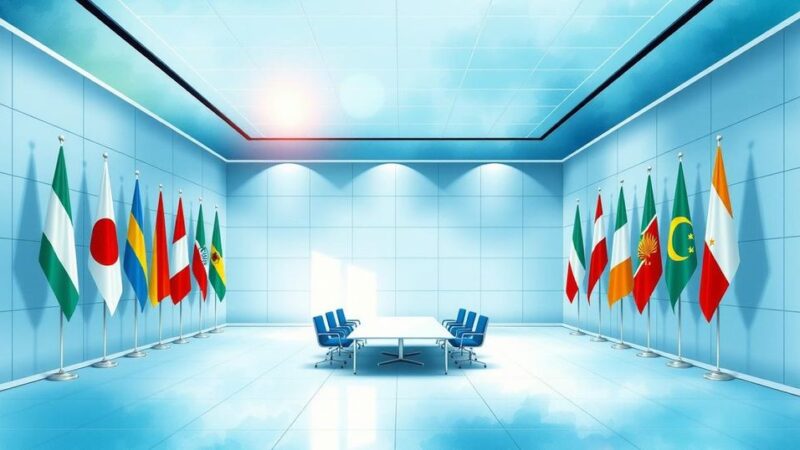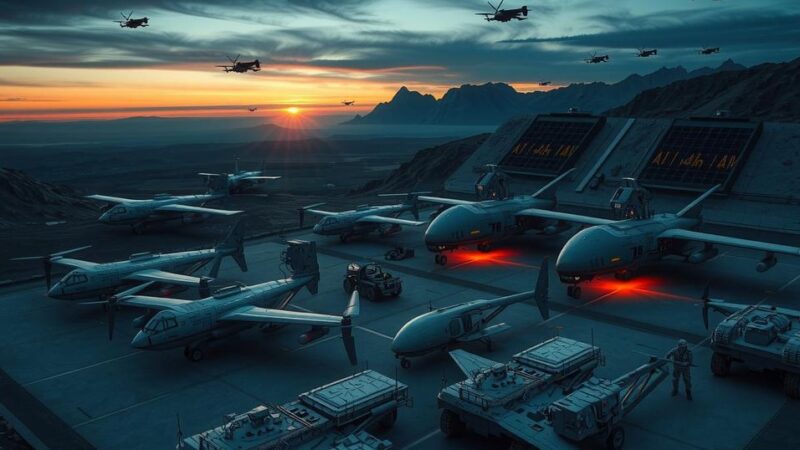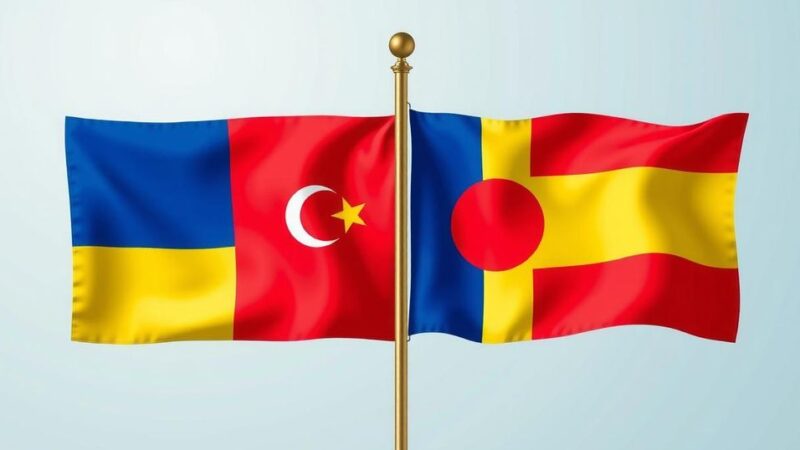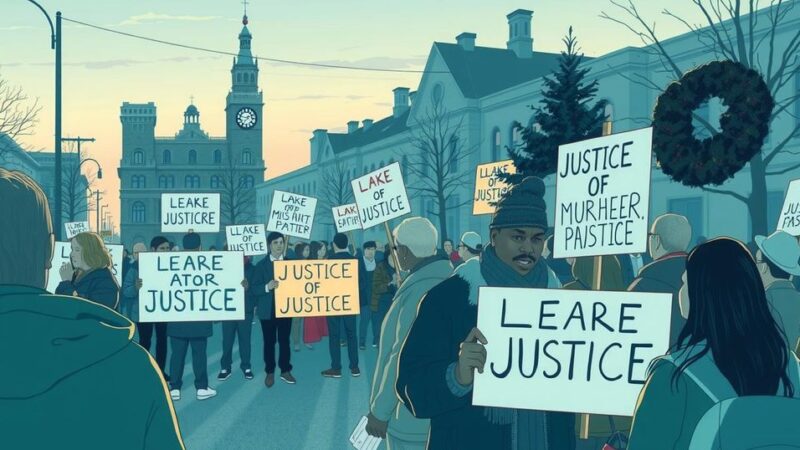The transition to a new leadership in Syria following 54 years of Assadist rule faces significant challenges, including skepticism from various factions about coexistence with the new regime. The military balance remains precarious, and recent agreements with the Kurdish-led Syrian Democratic Forces suggest U.S. support for maintaining Syria’s territorial integrity. The impact of regional players, particularly Israel and Iran, complicates the situation further. A recent draft constitutional declaration draws criticism for its concentration of power, highlighting the need for inclusivity and political representation among Syria’s diverse communities.
The new chapter in Syria, initiated in December after 54 years of Assadist rule, is precariously positioned. The new leadership in Damascus is aware of the remnants of the previous regime and the communities that benefited from its actions. Yet, skepticism exists among Syrian factions regarding the possibility of coexistence with this leadership’s interpretation of political Islam. This skepticism is compounded by a historical backdrop of religious and sectarian violence over the past 14 years, resulting in kidnappings and massacres.
Despite the interim authorities’ broad popular support, they emerged from exceptional circumstances, vulnerable to shifts in military balance. Although currently enjoying regional and international backing, the authorities lack a comprehensive mandate and face scrutiny from global actors. The confidence exhibited by certain military leaders stands out, contradicting the general populace’s skepticism. The swift establishment of an understanding with the Kurdish-led Syrian Democratic Forces indicates Washington’s acceptance of the new leadership and signals a commitment to maintaining Syria’s territorial integrity.
The Syrian Democratic Forces’ position is crucial in Washington’s strategy, demonstrating that territorial unity will not be jeopardized by Kurdish demands. This development suggests that the achievements of the SDF may have tactically improved their negotiations with Damascus, influencing other communities such as the Druze in southern Syria towards similar conciliatory approaches.
The Druze community in southern Syria remains significant, but recent escalations, particularly Israel’s unprecedented support, complicate their situation. The Israeli government’s initiative, although unrequested by Druze leaders, reflects a long-term strategy that dates back to earlier political manipulations involving Lebanon and the Syrian diaspora. While Suwayda activists strive for unity with Damascus, Israel’s interventions cast doubt on these attempts, as U.S. interests seem to align closely with those of Israel, complicating matters further.
In the coastal regions, Alawite populations dominate the demographics, where paramilitary operations supported by Iran raise concerns for the new authorities in Damascus. Iranian leaders have signaled resistance towards the new leadership, which might demonstrate a miscalculation regarding the geostrategic dynamics involving Damascus and the international community, particularly the U.S. and Israel. The mutual aim of these countries suggests a strategy opposing any resurgence of Iranian influence.
The United Nations Security Council has condemned recent violence, urging the Damascus authorities to protect all Syrians. With calls for accountability for those responsible for the recent atrocities, it emphasizes the urgent need for the leadership in Damascus to heed the international community’s concerns.
The recent draft constitutional declaration in Damascus has ignited controversy, particularly regarding its concentration of power and the five-year transition timeline. Critics argue that this reinforces fears of past governance issues rather than promoting political representation. They advocate for a more inclusive approach to governance that prioritizes harmony among Syria’s diverse communities. Ultimately, protecting diversity is vital for Syria’s future, requiring the inclusion of every qualified citizen, ensuring no community feels marginalized.
In conclusion, the formation of a new leadership in Syria marks a challenging transition amidst a complex socio-political landscape. The interactions between various factions, international scrutiny, and regional alliances shape this evolving scenario. While the new authorities face skepticism and external pressures, fostering unity and inclusivity among Syria’s diverse communities remains critical for enduring stability and progress. Ensuring a balanced political representation will be essential in moving beyond the troubled past and toward a hopeful future for all Syrian citizens.
Original Source: www.arabnews.com






